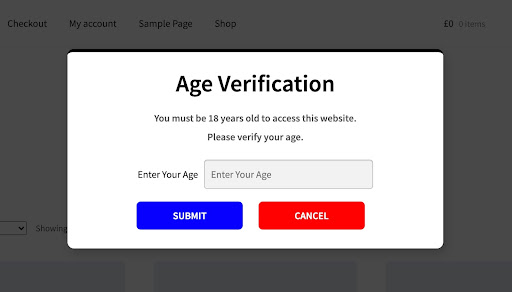A growing number of US teens rely on AI for daily decision‑making and emotional support, with chatbots such as ChatGPT, Character.AI and Replika. One Kansas student admits she uses AI to simplify everyday tasks, using it to choose clothes or plan events while avoiding schoolwork.
A survey by Common Sense Media reveals that over 70 per cent of teenagers have tried AI companions, with around half using them regularly. Roughly a third reported discussing serious issues with AI, sometimes finding it as or more satisfying than talking with friends.
Experts express concern that such frequent AI interactions could hinder development of creativity, critical thinking and social skills in young people. The study warns adolescents may become overly validated by AI, missing out on real‑world emotional growth.
Educators caution that while AI offers constant, non‑judgemental feedback, it is not a replacement for authentic human relationships. They recommend AI use be carefully supervised to ensure it complements rather than replaces real interaction.
Would you like to learn more about AI, tech and digital diplomacy? If so, ask our Diplo chatbot!









